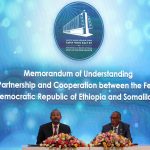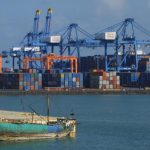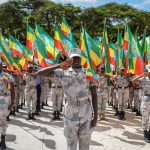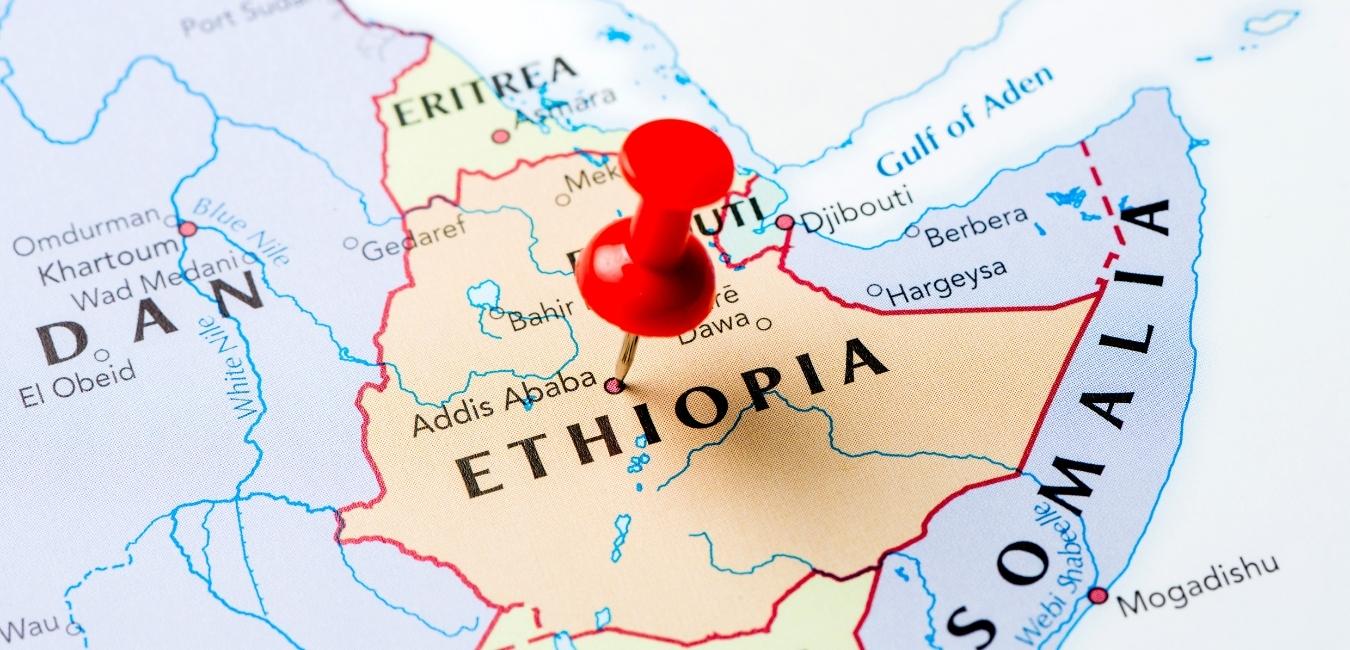Terrorism in Ethiopia: Beyond the Global Narrative
In a world increasingly vigilant against the global threat of terrorism, Ethiopia presents a unique case, not necessarily mirroring the typical jihadist narrative predominant in many international arenas. While the Horn of Africa nation does face threats from notorious groups such as Al-Shabaab, much of its security concerns are intrinsically tied to its own ethnic and political tapestry.
The Shadow of Al-Shabaab
Positioned in the volatile Horn of Africa, Ethiopia is no stranger to the menace posed by Al-Shabaab. Originating from neighboring Somalia, this extremist group, with links to Al-Qaeda, has not only destabilized its home country but has persistently threatened the wider region. For Ethiopia, its proactive military involvement in Somalia, particularly under the banner of AMISOM, has placed it directly in the crosshairs of Al-Shabaab retaliation.
The Oromo Liberation Army: Insurgency or Terrorism?
The Oromo Liberation Army (OLA), an offshoot of the Oromo Liberation Front (OLF), underscores the complexity of labeling armed groups in Ethiopia. With its roots in ethnic and political grievances, the OLA operates primarily in the Oromia region. Their activities, which include ambushes and sporadic attacks, blur the line between insurgency and terrorism. The distinction is crucial, as their motivations are centered on regional autonomy and rights rather than a global extremist agenda.
Inter-Ethnic Strife: The Underbelly of Federalism
Ethiopia’s unique approach to federalism, granting significant autonomy to its diverse ethnic regions, was designed as a mechanism to ensure representation. However, this very structure has sometimes fermented inter-ethnic tensions that escalate into violence. The most significant of these conflicts emerged in Tigray in 2020, pitting the federal government against the Tigray People’s Liberation Front (TPLF). Though distinctly an internal conflict, the tactics employed, especially targeted attacks, mirror those commonly associated with terrorism.
Challenges Beyond the Border
The extensive, often porous, borders that Ethiopia shares with its neighbors, notably Somalia and Kenya, present additional challenges. Cross-border incursions and the spillover of extremist ideologies require constant vigilance. Regional instability, especially the perennial chaos in Somalia, exacerbates these concerns, pushing Ethiopia into a balancing act of both defense and diplomacy.
Walking the Tightrope of Counter-terrorism
Countering the multifaceted threats requires a comprehensive strategy, and Ethiopia has not shied away from assertive measures. Military campaigns, intelligence operations, and regional collaborations form the backbone of these efforts. Domestically, the introduction of the Anti-Terrorism Proclamation in 2009 was intended as a legal shield against threats. However, this very tool has sparked controversy, with detractors arguing that its broad definitions stifle legitimate political dissent.
Ethiopia’s experience with terrorism and security threats offers invaluable lessons. It underscores the importance of understanding the nuances that define and drive such challenges. In Ethiopia’s case, while global jihadist threats are a concern, the intricate web of internal ethnic and political dynamics often takes precedence. As the nation navigates these turbulent waters, the global community would do well to approach it with a nuanced lens, looking beyond the conventional narrative of terrorism.
The Amhara Fano: A Complex Tapestry of Defense and Controversy
In Ethiopia, a land known for its diverse ethnic mosaic, various groups have sought representation, self-determination, and often, self-defense. One such entity is the Amhara Fano, a militia group rooted in the Amhara Region. Established in 2016, the Fano’s raison d’être is the protection of the Amhara people. However, like many militia groups, its operations have invited scrutiny, praise, and critique.
Genesis: Protecting the Amhara
Ethiopia’s political and ethnic landscape has been volatile, with the Amhara people sometimes finding themselves at the receiving end of violence and persecution. It’s against this backdrop that the Amhara Fano emerged. As a protective force, its inception was driven by a desire to shield the Amhara community from external threats.
Controversies and Allegations
The Fano’s operations have not been without controversy. Accusations of human rights abuses, including extrajudicial killings, torture, and rape, have cast a shadow over the group. There have been claims of property destruction and forced displacements tied to their actions. Their involvement in the Tigray conflict has further complicated their role, with allegations of civilian atrocities in Tigray associated with the militia.
Governmental Stance: Disarmament and Critiques
The Ethiopian government’s position regarding the Amhara Fano is rooted in disarmament. Recognizing the potential destabilizing effect of such militias, there have been calls and commitments to disband groups like the Fano. Yet, critics argue that the pace of disarmament is lethargic, urging swifter and more definitive actions.
A Nuanced Perspective
It’s imperative to approach the Amhara Fano with a nuanced perspective. While it’s a singular entity in name, it comprises a diverse range of views and motivations internally. Equally, while the Amhara community has historically faced violence and persecution, leading to the establishment of protective entities like the Fano, this doesn’t absolve any group from accountability. The human rights abuses attributed to the Fano have intensified sufferings and posed significant challenges to the Ethiopian rule of law.
Conclusion
Ethiopia’s journey toward peace, stability, and justice is intricate, with groups like the Amhara Fano playing multifaceted roles in this narrative. Balancing the defense of ethnic communities with the imperatives of human rights and rule of law is crucial. It’s incumbent on the Ethiopian government to ensure militias operate within the bounds of law or are effectively disbanded. Holding entities accountable for violations is pivotal for the nation’s future harmony and growth.





